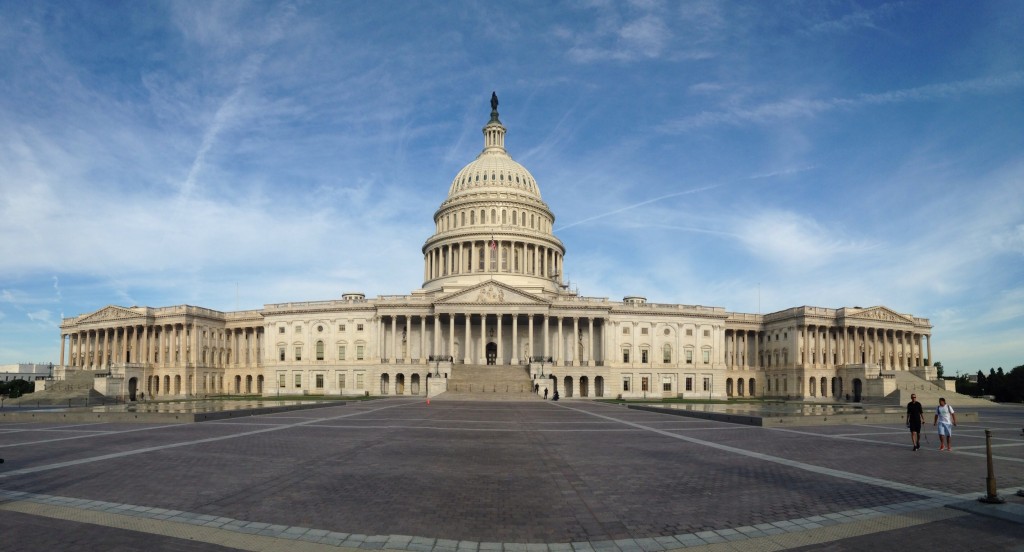
Will the Russell amendment get a second chance?
Stanley Carlson-Thies, Dec. 19, 2016
The Russell amendment to the 2017 National Defense Authorization Act (NDAA), designed to ensure that faith-based organizations are not excluded from federal grants and contracts, has been dropped from the bill by the House and Senate conference committee. Opponents claimed the amendment fosters LGBT discrimination. Proponents say it would maintain the legal status quo. Although the NDAA is a must-pass bill to fund our national defense, the White House had listed the Russell amendment as cause for a veto.
The Russell amendment would require all federal agencies to protect the religious staffing rights of religious organizations that accept federal contract, grant, or other funding to provide services. It would be valid from the time of enactment and forward, not needing to be annually adopted. The religious staffing freedom, anchored in the 1964 Civil Rights Act, enables religious organizations to maintain their religious identity by employing only people committed to or compatible with the organization’s religious convictions. This is similar to environmental organizations only hiring people who cherish the natural world and Democratic Senate offices declining to employ Republicans.
Yet as the Obama administration has adopted by executive action new protections against sexual orientation and gender identity (SOGI) discrimination, the religious staffing freedom has come under new pressures. In 2014, the President issued an Executive Order banning SOGI discrimination in federal contracting, and other executive actions and statements suggest an inclination to add such a requirement in grant programs. Courts have interpreted the religious staffing freedom to mean that religious employers can assess whether a person is religiously compatible—the applicant cannot just claim to be of the same religion. That should apply also with regard to SOGI conduct; if not, a religious employer cannot protect its religious identity, which concerns faithful living and not just formal religion. But the Obama administration has pushed for the SOGI protection to override the religious protection. The Russell amendment, which simply affirms long-standing federal law about these matters (language from Title VII of the 1964 Civil Rights Act and from the Americans with Disabilities Act), directs federal agencies instead to maintain the religious employer’s ability to preserve its religious identity.
What will happen now that the Russell amendment has been dropped? President-elect Trump has promised to rescind Obama administration executive actions that he regards as overreaching and unconstitutional. And he has promised to sign a bill with the Russell language. The first action would eliminate the chief catalyst for the Russell amendment—the 2014 Executive Order on federal contracting. Yet the Russell language is still needed: religious organizations should be able to partner with the federal government to offer their excellent services to people and communities in need even when the federal government acts against new forms of wrongful employment discrimination. The Russell language protects the level playing field, allowing a diversity of providers to serve our diverse communities.
